- Joined
- Apr 24, 2017
- Messages
- 15,466
- Reaction score
- 42,026
Follow along with the video below to see how to install our site as a web app on your home screen.

Note: This feature currently requires accessing the site using the built-in Safari browser.
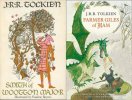
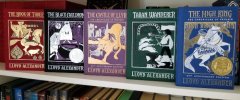
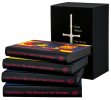
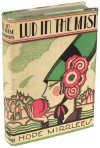
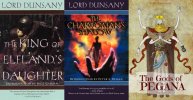
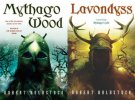
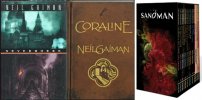
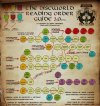
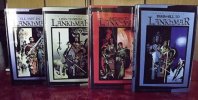
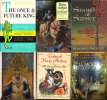
OK, so lets talk Sci Fi for a minute
Old shit that I still like:
1. Doctor Who, tops the list, period. Specifically Tom Baker
2. Star Wars, Episodes IV and V
3. The Last Starfighter
4. Krull
5. Pern, the first handful of books
Newer shit that I also still like:
1. Alien/s/etc
This is is my own personal timeline butterscotch, not chronological order.Just to be Pedantic, the first thing on your "Newer shit that I also still like" is older than most of the things on your "old shit I still like"...
No, not one bitAnd then Asen felt a strong compulsion to start a thread on Slavic tales.
 !
!3: Moorcock. I remember getting Stormbringer, the out of print abridged one, out of the library when I was young enough to think getting books from the adult section was daring. The wild, hallucinogenic imagery of a world totally overtaken by Chaos still haunts me. And the contradiction of the evil hero who saves the world by ending it and then killing his best friend to begin the new world. And then his evil, living sword comes to life and kills him, is still one of the best concepts in fiction for me. Often imitated, never equalled. Let alone beaten.
7: Legend, David Gemmel. A friend of mine once said, it's Zulu, but fantasy. And he's right. There's no twists and turns. No clever plotting. Just some cool characters, a sense of the torch being passed to the next generation and one of the best battles in fantasy. Forget Druss the Legend, I'd still love to make a Regnak the Wanderer character in GURPS. Cowardice and Berserk seem like they should make for a fun combination.
 ? Those were very much part of my formative years, as well as Zelazni (who probably still ranks as my #2 or #3 preferred author).
? Those were very much part of my formative years, as well as Zelazni (who probably still ranks as my #2 or #3 preferred author).Incidentally, I've also thought this is a cycle that's crying out for an RPG. But I there might have been attempts at it already.10: Katherine Kerr, the Deverry Cycle. A non linear story told over multiple generations, like a great big 12+ volume Celtic Knot. With the best realised, most consistent magic system I can think of. The quality can be a little inconsistent towards the last part of the story. But it's a world that absolutely deserves an RPG.
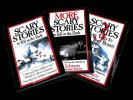
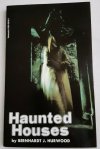
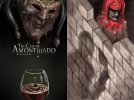
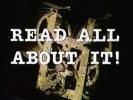
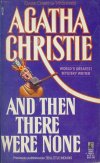
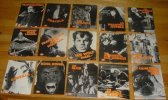
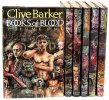
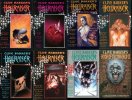
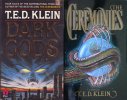
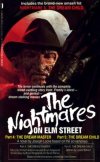
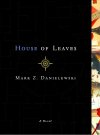
Alan Garner: Elidor; The Weirdstone of Brisingamen; Red Shift
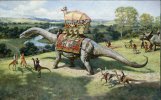
Cerberus - A funny animal Conan parody turns into a social commentary turns into a raving madman's delusional rant.
Cerebus is indeed one of the greatest comicbooks of all time....if you know when to jump off and stop reading, before it becomes a real-time documentation of one man's descent into mental illness.
Looks like The Realm is on One Bookshelf's Comics site with Issue #1 being free.The Realm (Caliber Press) - A group of college students gets transported to a fantasy world while camping out at an abandoned cottage. What do you do when you bust into the evil overlord's castle to rescue your friend but they've already gotten married? There was also a Tales of The Realm comic telling the story of the great war between the forces of darkness and the Elves and Dwarves.
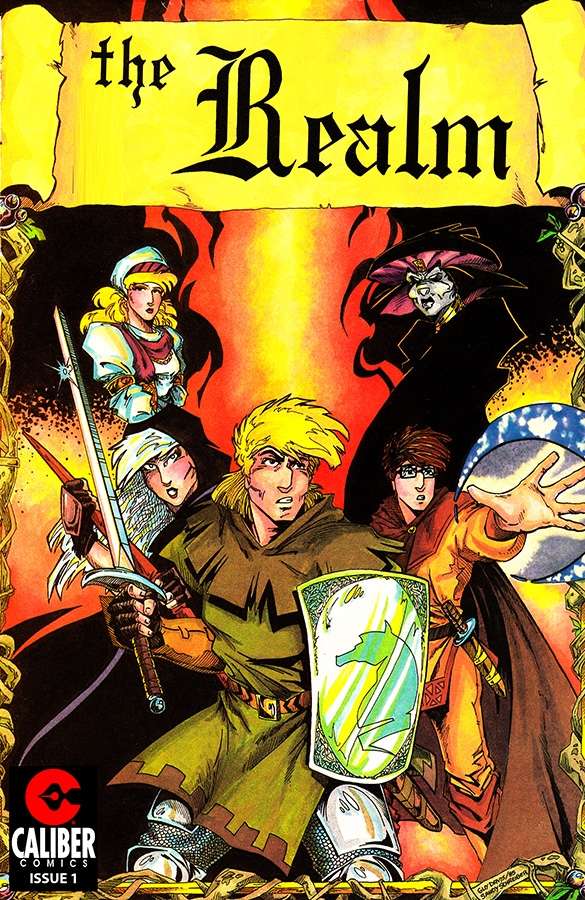
Cool, I've still got my trade paperbacks and loose issues but it's nice it's there for others.Looks like The Realm is on One Bookshelf's Comics site with Issue #1 being free.

The Realm Vol. 1 #1 - Caliber Comics | The Realm | DriveThruComics.com
The Realm Vol. 1 #1 - DIGITALLY REMASTERED THIS ISSUE: "Timeslip" It all begins here. The epic fantasy series for those that enjoy Lord of thwww.drivethrucomics.com
 )
)I'd be on board for that thread. Perhaps in the Media subforum?To be sure, there is a lot of great speculative fiction being written today that is not infected with D&D-isms, but I guess that could be another thread.
People have listed their Appendix N for other types of media above, so go ahead I'd say.Is this only for D&D or can we do an Appendix N for other games as well?
Because I've got an Appendix N for WoD that I'd love to share.
I'd love an RPG to capture the RE vibe. Did you get the remakes? (Years since I thought about the Director's Cut of RE1. Funny all the little changes they made)Resident Evil: Director's Cut
Resident Evil 2
Resident Evil 3: Nemesis
